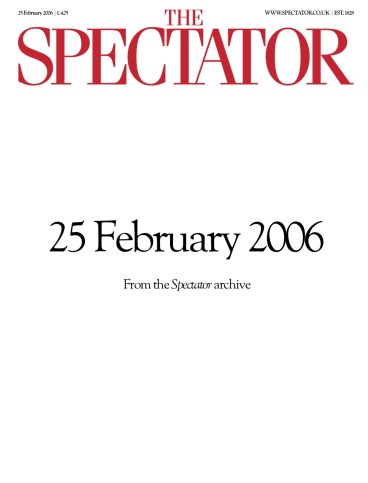The discreet shape of tears
Mothers and memoirs are fashionable at the moment. We’ve had Edward St Aubyn’s novel Mother’s Milk and few respectable books’ pages appear without a brand-new set of tragic, comic or tragi- comic reminiscences, leaving us grateful, if apologetic, for our own drearily staid lives. Yet it is a fact that a really good memoir usually

